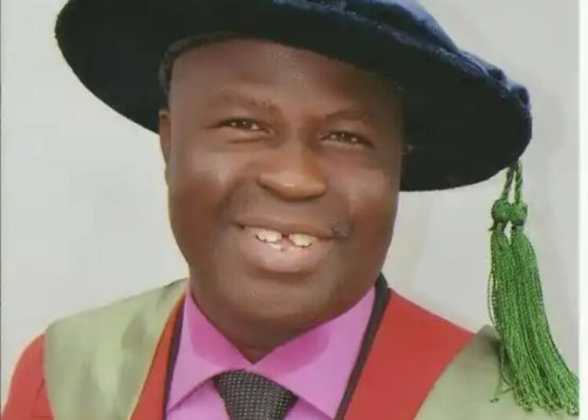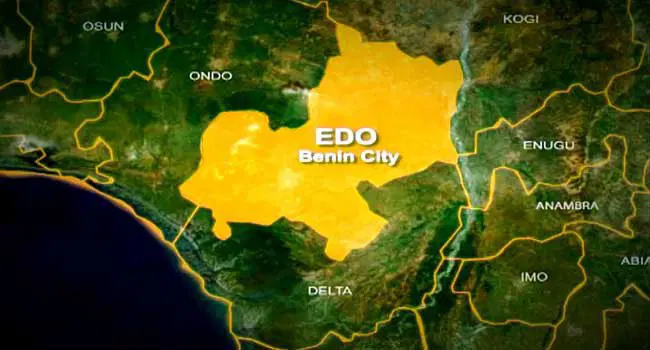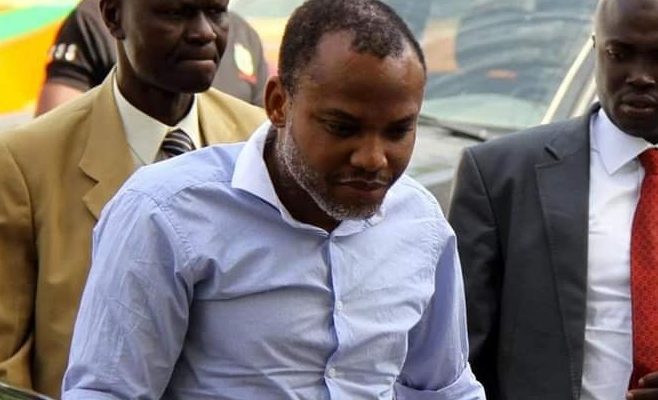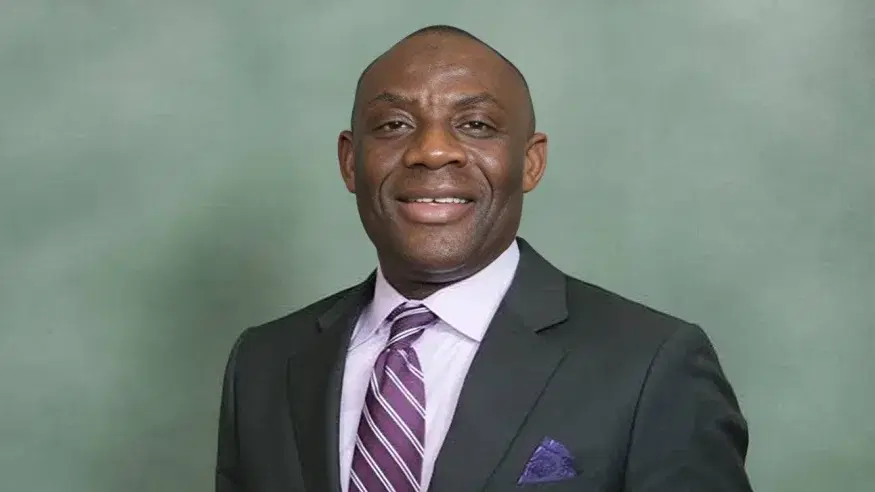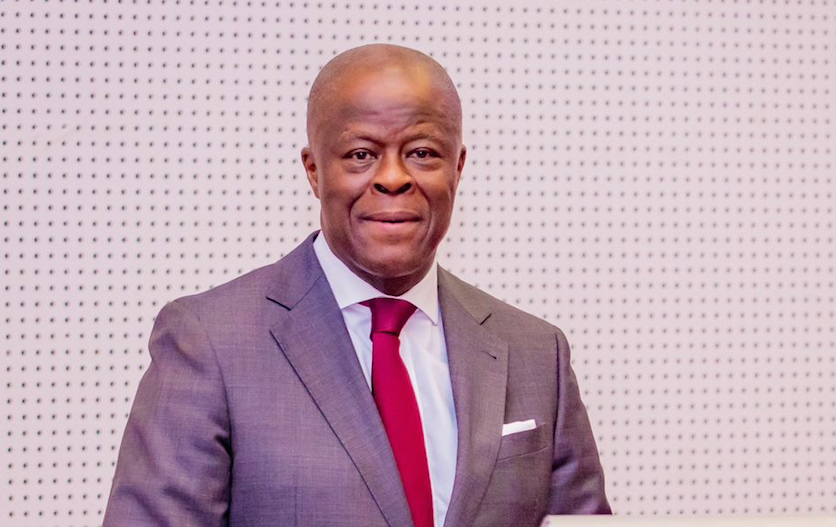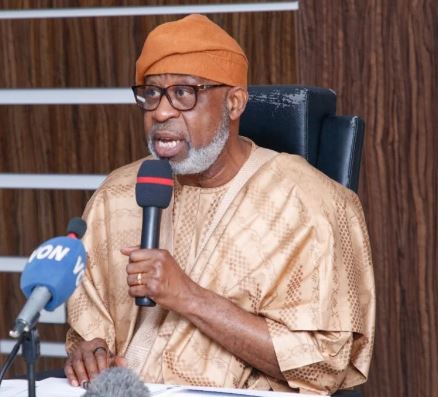The Federal High Court in Abuja has adjourned a suit filed by the Association of Local Governments of Nigeria (ALGON) against the Federal and State Governments until May 29.
The fresh suit, which was scheduled for mention before Justice Inyang Ekwo, could not proceed because the court did not sit.
The matter was, however, fixed for May 29 for mention.
NAN reports that the plaintiff, in the suit marked: FHC/ABJ/CS/353/2025, is the Registered Trustees of ALGON.
The Supreme Court had, in a judgment on July 11, 2024, granted financial autonomy to local governments in the country.
However, ALGON filed the suit following alleged failure by the state governments to comply with the decision of the apex court.
The association sued the Attorney-General of the Federation (AGF) and Minister of Justice and the Federal Republic of Nigeria (FRN) and 23 others.
Others include the Minister of Finance, the Central Bank of Nigeria (CBN), state’s Commissioners for Finance, Minister of Budget and National Planning, and the Accountant-General of the Federation.
It also joined the Revenue Mobilisation, Allocation and Fiscal Commission; the Nigerian National Petroleum Company Limited, various commercial banks, and one Bello Lawal as defendants in the suit.
ALGON, in the case, demands that the 774 local councils be granted representation at Federation Account Allocation Committee (FAAC) meetings where allocations are discussed.
The trustees, prayed the court to declare that “given the Supreme Court decision on July 11, 2024, the 1st to 8th defendants cannot disburse monies to the 774 local government councils in Nigeria, through the 9th to 23rd defendants without the plaintiff authorising, approving such.
They also sought a declaration that the 1st to 7th defendants cannot discuss, approve, disburse or in any other way whatsoever deal with the monies accruing to the 774 local government councils in Nigeria without the representation of the local government councils.
The group contended that while the Supreme Court’s judgment intends to liberate the local government administration, the AGF, Ministry of Finance, state’s Commissioners of Finance and CBN had taken “precipitate action to frustrate the implementation of the decision.”
ALGON, through its counsel, Okechukwu Uju-Azorji, alleged that the 9th to 23rd defendants, which are the commercial banks, are already taking steps “to be the conduit pipe or warehouse from which any money or allocation meant for the local government councils will be collected.”
The CBN, in its preliminary objection filed by Sam Ologunorisa, SAN, urged the court to dismiss the suit for lack of jurisdiction.
The apex bank contends that ALGON is not a legal entity recognised by the constitution or any statute, and was not a party or beneficiary in the Supreme Court case upon which it now relies.
Similarly, counsel for FAAC, Olawale Fapohunda, SAN, argued that ALGON lacked the legal standing to bring the case, thereby robbing the court of jurisdiction.
Also, the state Commissioners of Finance, through their lawyer, argued that members of FAAC, as stipulated by law, does not include representatives of the 774 LGAs, as being canvassed for.
They cited Section 6(1) of the Allocation of Revenue (Federation Account, etc.) Act, 1982, which outlines the FAAC’s statutory membership—excluding local government representation.
In response, however, ALGON filed a counter-affidavit, asserting its legal status.
It argued that it was incorporated as an association on May 10, 2002, with the principal objective of promoting and defending the autonomy and interests of local governments in Nigeria.


